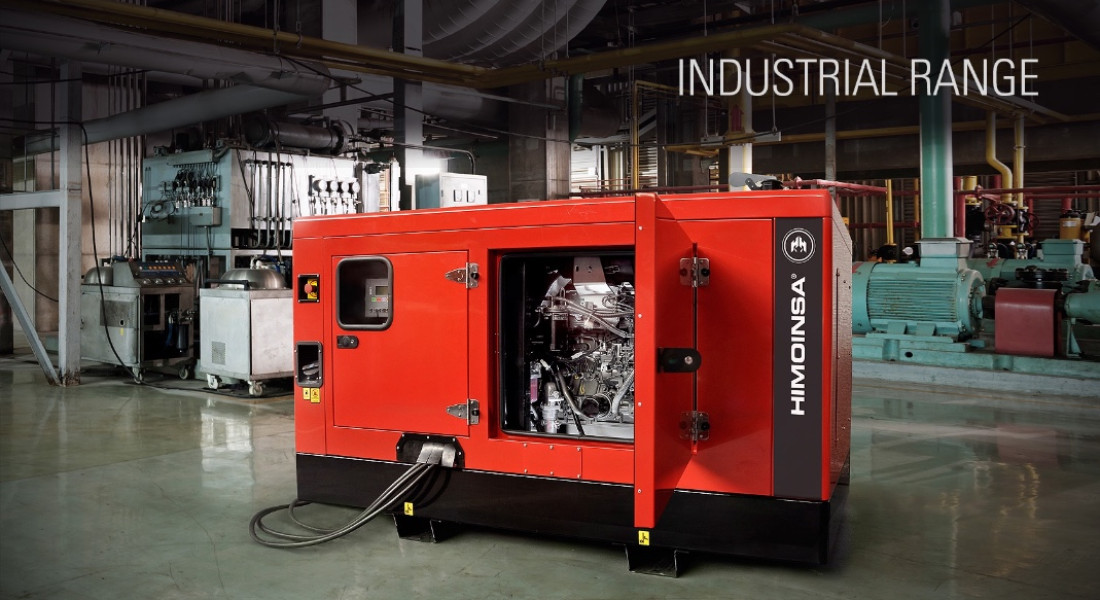Blog

Whether the generator is open set or containerised are not the only things you need to think about when purchasing a generator.
Power/Load
Think about how much power you need in the event of a power failure. What are the critical systems that must be kept running and how much power will they require. Every business and organisation will be different.
Sound
Do you need to minimise sound disruption be that outside or within your building? Silent range generators have been specifically designed for this purpose.
Security
Is security and who has access a concern? Data centres for example, due to the sensitive nature of the information they process, might find they need a generator that can be located indoors where access is more controlled.
Location
Think about the location indoors versus outdoors. Will you be locating your generator in a residential area? Are you operating in a harsh environment? How much space do you have available? How will you refuel your generator? Is it easily accessible for maintenance or future upgrades? All these questions will influence the type and specification of generator that will be suited to your needs.
Fuel
A diesel generator is not your only option for fuel source. Other choices for fuel include:
HVO - Hydrogenated Vegetable Oil
Natural gas (lower emissions and cleaner fuel)
Hydrogen (lower emissions and cleaner fuel)
Consider how long you want your generator to run for this will influence the fuel capacity you need.
In order to improve the air quality and reduce air pollution, diesel generators are now required to become cleaner with better emissions. Introduced in 2019, the EU Stage V emissions legislation is a green initiative that limits carbon monoxide, nitrogen oxides and hydrocarbons, as well as the overall mass of particulate matter in the exhaust gas and the number of particles per unit of energy produced. Make sure you’re aware what your what your obligations are locally.